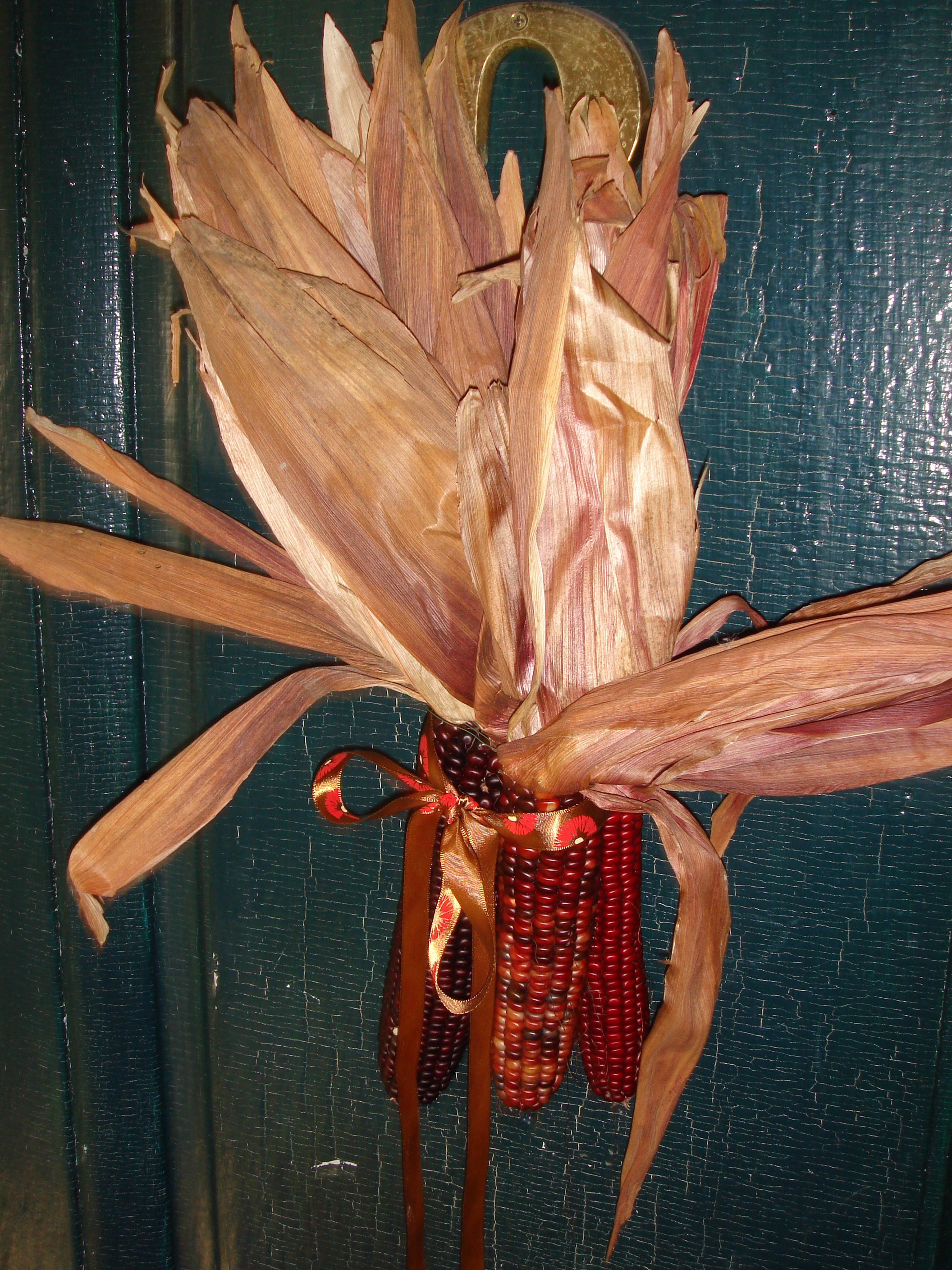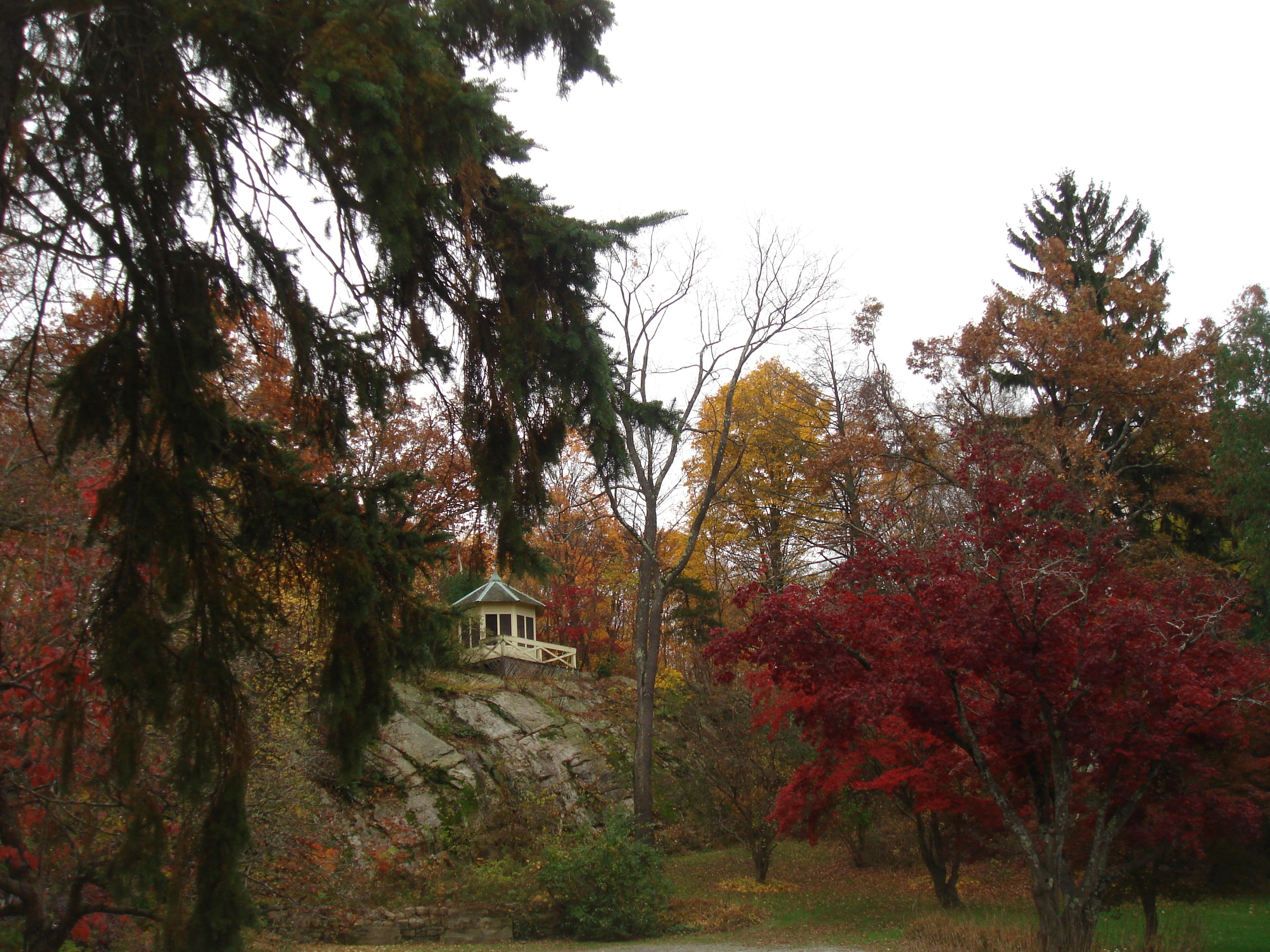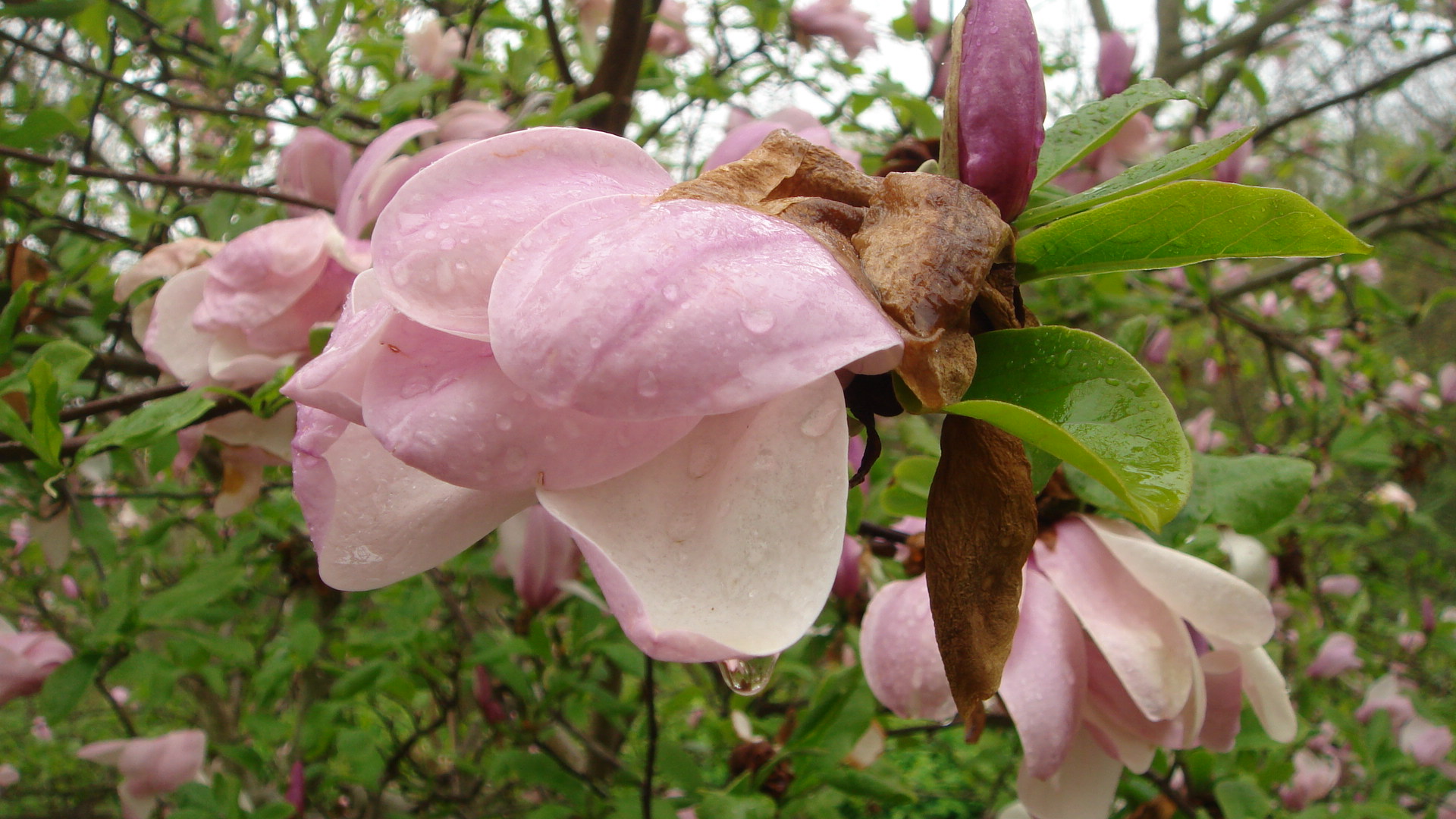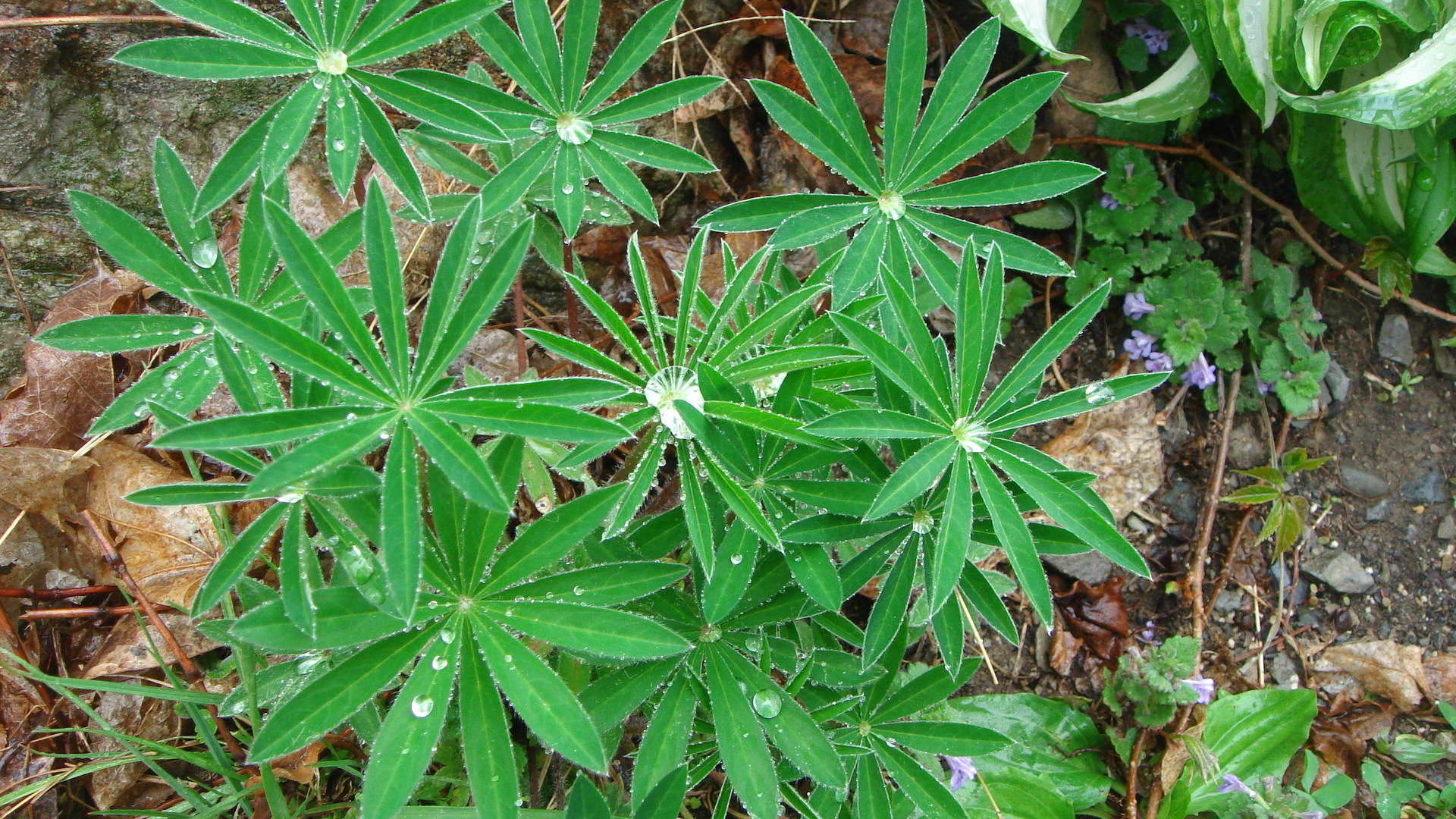smell the leaves
beauty of the seasons
 Season specific activities, decorations, and foods ground me and connect me in a deeper way with nature and my surrounds. Because they teach the children to live by the natural rhythm of the seasons I truly appreciate that we have four distinct seasons here in the northeast.
Season specific activities, decorations, and foods ground me and connect me in a deeper way with nature and my surrounds. Because they teach the children to live by the natural rhythm of the seasons I truly appreciate that we have four distinct seasons here in the northeast.
 Fall is my favorite. October is so beautiful and I like the crisper temperatures. In general, I love the many distinct fall activities and festivities, from back-to-school after the long and hot and lazy summer, to pulling out my sweaters and our thick down comforters, to apple picking and fall foliage, the last barbeque of the year, Halloween with its pumpkins and gourds, the first fire of the season in the fireplace, and then, when it becomes blustery out there, Thanksgiving, which leads directly into the sparkly year-end holidays.
Fall is my favorite. October is so beautiful and I like the crisper temperatures. In general, I love the many distinct fall activities and festivities, from back-to-school after the long and hot and lazy summer, to pulling out my sweaters and our thick down comforters, to apple picking and fall foliage, the last barbeque of the year, Halloween with its pumpkins and gourds, the first fire of the season in the fireplace, and then, when it becomes blustery out there, Thanksgiving, which leads directly into the sparkly year-end holidays.
love those germs
Enough fighting already! We fight too much – enemies, wars, illnesses, death. They are all simply another aspect of the same thing. Balance, not eradication, is the answer. A little dirt, a little dust, a healthy amount of bacteria is actually good for you. Most of us know by now about the drawbacks of antibiotics – those indiscriminate bacteria killers prescribed much too liberally to humans and animals over the past decades in an effort to kill all the “bad” bacteria. A new book was recently published on the possible relationship between our modern germ killing frenzy and the surge in recent civilization and autoimmune diseases, possibly even autism.
A little dirt, a little dust, a healthy amount of bacteria is actually good for you. Most of us know by now about the drawbacks of antibiotics – those indiscriminate bacteria killers prescribed much too liberally to humans and animals over the past decades in an effort to kill all the “bad” bacteria. A new book was recently published on the possible relationship between our modern germ killing frenzy and the surge in recent civilization and autoimmune diseases, possibly even autism.
So eat your yoghurt, sauerkraut, kimchi and pickles (naturally fermented, not the supermarket vinegar kind), drink your kefir, kombucha, wine, beer or mead, and clean your home and body with gentle and natural cleaning and cleansing products instead of those germ killing antibacterial soaps and cleaners.
why eat organic?
 The stale and narrow premise that what distinguishes organic from non-organic foods is simply their nutritional content is on the table again in today’s NY Times article by Kenneth Chang about a new megastudy to that effect. But, as Sonya Lunder,a senior analyst with the Environmental Working Group stresses, many who buy organic foods are aware of the complexity of issues beyond mere nutritional aspect.
The nutrition debate leaves, as in the past, a whole host of other reasons why to buy organics off the table. Besides ingesting less residual toxins from pesticides buying organic groceries, produce, meat and fish means choosing the health of the environment and biodiversity over sprayed monocultured fields, it means voting for the health of the farmworkers so they don’t get exposed to toxic pesticides and herbicides, in the case of meat and fish it means choosing not to ingest antibiotics and surface bacteria (another relevant article in today's paper), it also means voting against genetically modified plants and animals, and it means choosing the more humane tending to, raising and slaughtering of animals for meat. Lastly, if buying from a nearby farm, choosing organic is linked to choosing local over global.
The stale and narrow premise that what distinguishes organic from non-organic foods is simply their nutritional content is on the table again in today’s NY Times article by Kenneth Chang about a new megastudy to that effect. But, as Sonya Lunder,a senior analyst with the Environmental Working Group stresses, many who buy organic foods are aware of the complexity of issues beyond mere nutritional aspect.
The nutrition debate leaves, as in the past, a whole host of other reasons why to buy organics off the table. Besides ingesting less residual toxins from pesticides buying organic groceries, produce, meat and fish means choosing the health of the environment and biodiversity over sprayed monocultured fields, it means voting for the health of the farmworkers so they don’t get exposed to toxic pesticides and herbicides, in the case of meat and fish it means choosing not to ingest antibiotics and surface bacteria (another relevant article in today's paper), it also means voting against genetically modified plants and animals, and it means choosing the more humane tending to, raising and slaughtering of animals for meat. Lastly, if buying from a nearby farm, choosing organic is linked to choosing local over global.
So, buying organics is a vote for a multitude of betterments, not simply a choice for more nutritious food.
lawn mowing goats
I love it, the NYC Parks Department rents goats to “mow the lawn” at Freshkills Park in SI, as the NY Times reported recently. Now here is a solution in the spirit of our times. Eco solutions go mainstream, there is definitely hope on the horizon!
to weed or not to weed
Weeds are not “bad” per se, after all they are part of the biodiversity of the plant kingdom. It is more a matter of perspective how we see them. Out of laissez-faire I have weeded relatively little in both our vegetable garden as well as the rest of the garden this year, and I am finding that the whole garden is just so filled with all kinds of plants, more so it seems than in other years. Our bees are happy, wild flowers and herbs are spreading, vegetables are self-seeding from one year to the next – it’s incredibly abundant. Some “weeds” are actually edible, such as dandelions or purslane for example. Other “weeds,” which we call wild flowers, are pretty in the garden or beautiful in a vase gathered in big generous bunches. Others spread an incredible scent, as does our wild and wildly growing honey suckle. Making weeds my allies, instead of “fighting” them as enemies, is a much more cooperative approach, as The Healthy Environment Group and Bill Finch explained recently in separate write-ups.
organic epiphany
(photo by captrosha)
I had this epiphany a while ago when I needed to buy a new duvet cover and saw an organic cotton one on sale. Previously, I had mostly thought about organics in terms of the health benefits to my family and myself - that buying and eating organic foods would prevent us from eating pesticides, harmful additives, antibiotics and growth hormones, genetically modified and weakened foods in general. But the perspective is much more encompassing, which is why I ended up buying the organic cotton duvet cover. With this purchase I voted for a healthier environment and a healthier agriculture, because that cotton didn’t get sprayed with pesticides or subjected to chemical fertilizer, I also voted against the industries that develop and manufacture these fertilizers and toxins, I voted for the health of the farm workers who weren’t subjected to the poisons, and lastly I voted against GMO crops and the big conglomerates that develop them.
the joys of composting
![earth_machine[1]](http://static1.squarespace.com/static/562fa5e4e4b022e56e7591d7/563119b1e4b060e41e5b6970/563119b5e4b060e41e5b69fe/1446058421102/earth_machine11.png?format=original) Recently, I bought an Earth Machine with high hopes that my composting efforts will become more effective. For a few years now I have been accumulating a big heap of our compostable kitchen wastes in the back of the garden. And while composting and recycling have reduced our regular net household garbage to less than one large garbage bag per week, the messy pile in the garden doesn’t decompose without some help. Ok, I admit it, I am somewhat lazy when it comes to certain things. I was hoping that it would do it by itself. But I don’t usually happen to have piles of dried leaves sitting next to the compost pile to mix in with the kitchen scraps, nor do I feel like getting the pitch fork out of the basement to turn the pile when I am in the middle of making dinner and find myself with a full compost bucket that I quickly need to empty in order to continue peeling onions and garlic. So I am hoping that this Earth Machine will make things easier and produce actual compost, that rich fertile stuff that is supposed to come out of the bottom. Yet, their instructions, too, specify that I need to add either some soil, or dried leaves or weeds, although I am hoping that “kitchen browns,” such as paper towels, tissues, coffee filters, or teabags, will do the job (stale bread is another "kitchen brown," but I don't throw my stale bread out, I collect it in the freezer and make bread pudding or a breakfast strata out of it). I will keep you posted of my composting success (or lack thereof).
Recently, I bought an Earth Machine with high hopes that my composting efforts will become more effective. For a few years now I have been accumulating a big heap of our compostable kitchen wastes in the back of the garden. And while composting and recycling have reduced our regular net household garbage to less than one large garbage bag per week, the messy pile in the garden doesn’t decompose without some help. Ok, I admit it, I am somewhat lazy when it comes to certain things. I was hoping that it would do it by itself. But I don’t usually happen to have piles of dried leaves sitting next to the compost pile to mix in with the kitchen scraps, nor do I feel like getting the pitch fork out of the basement to turn the pile when I am in the middle of making dinner and find myself with a full compost bucket that I quickly need to empty in order to continue peeling onions and garlic. So I am hoping that this Earth Machine will make things easier and produce actual compost, that rich fertile stuff that is supposed to come out of the bottom. Yet, their instructions, too, specify that I need to add either some soil, or dried leaves or weeds, although I am hoping that “kitchen browns,” such as paper towels, tissues, coffee filters, or teabags, will do the job (stale bread is another "kitchen brown," but I don't throw my stale bread out, I collect it in the freezer and make bread pudding or a breakfast strata out of it). I will keep you posted of my composting success (or lack thereof).
rain, lots, finally
 Finally it rained, lots. We really needed it and you can tell from the pictures that the plants loved it. Culturally, we tend to emphasize the negative. We associate rain with a cold gray gloomy day. But what would we do without it? It is good to consider the positive aspects of things. The pearly raindrops on the leaves looked beautiful and nature's colors became vibrant again. The rain drops that had collected in the lupine leaves looked like crystals. The world becomes different when we appreciate the beauty in everything.
Finally it rained, lots. We really needed it and you can tell from the pictures that the plants loved it. Culturally, we tend to emphasize the negative. We associate rain with a cold gray gloomy day. But what would we do without it? It is good to consider the positive aspects of things. The pearly raindrops on the leaves looked beautiful and nature's colors became vibrant again. The rain drops that had collected in the lupine leaves looked like crystals. The world becomes different when we appreciate the beauty in everything.









